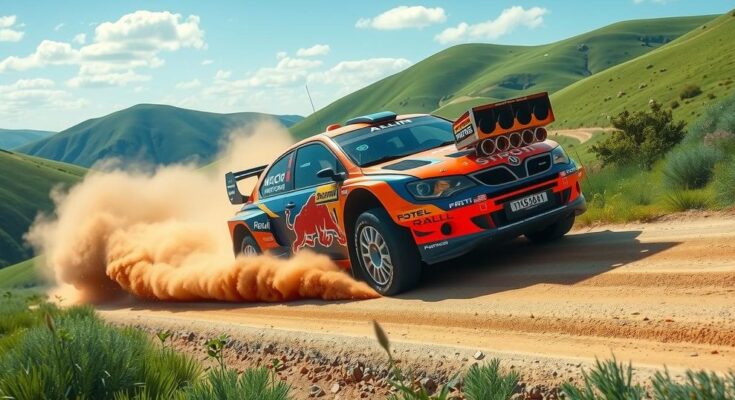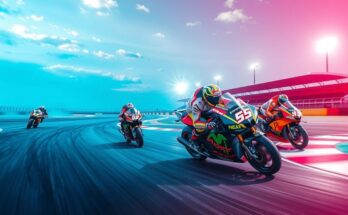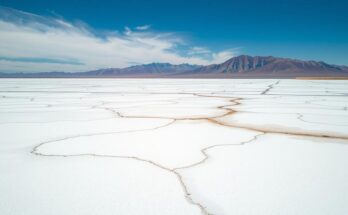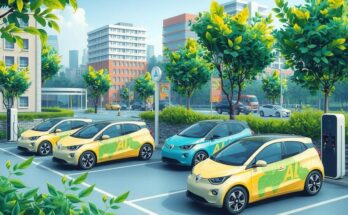Hyundai has decided not to apply its 2025 WRC car upgrades for the Safari Rally Kenya, opting to use the specifications that ended the 2024 season. The team remains confident that this decision will not impact performance, focusing on reliability based on previous issues in the rally. They introduced a revised snorkel to tackle Kenya’s demanding conditions as they seek to improve performance after past disappointments in the event.
Hyundai has decided not to implement its anticipated 2025 WRC car upgrades during the upcoming Safari Rally Kenya, making what it believes to be a more advantageous choice. Instead, the team will compete with the i20 N Rally1 vehicles that concluded the 2024 season, omitting the hybrid unit and implementing air restrictor modifications in accordance with new technical regulations for 2025.
The South Korean manufacturer invested significant effort last year developing a comprehensive upgrade package for 2025, employing four homologation jokers to enhance the i20 N for its drivers: Thierry Neuville, Ott Tanak, and rookie Adrien Fourmaux. Key improvements included an updated suspension design and weight reduction features.
Despite the initial debut of this upgrade package at Sweden’s challenging snow stages last month, various factors led the team to postpone its application for the Safari Rally. Team Principal Cyril Abiteboul expressed confidence in this decision’s nonimpact on overall performance, noting, “It is all about reliability and sign-off and mileage on the parts.”
While Hyundai opts out of its 2025 updates, they have introduced a revised snorkel specifically designed for the harsh conditions of Kenya’s rugged gravel roads. This enhanced feature aims to protect the engine from water and dust, significantly important in the Safari Rally’s demanding environment.
Hyundai’s previous performances in Kenya have been disappointing, with only one podium finish recorded from four attempts, contrasted by rival Toyota’s dominance in recent years. Reliability issues have hindered Hyundai, yet the team has actively sought remedies, including addressing problems encountered during a recent challenging pre-event test.
Abiteboul acknowledged the difficulties faced during testing, stating that discovering reliability issues beforehand is preferable to encountering them during the rally. Optimistically, he remarked, “We prefer to find these issues in the test rather than during the rally.”
The 2023 Safari Rally Kenya is set to commence next Thursday, featuring a total of 21 stages, with Hyundai prepared to showcase its strategic enhancements despite the absence of the planned 2025 upgrades.
In summary, Hyundai has chosen to compete in the upcoming Safari Rally Kenya without applying its 2025 WRC car updates, opting instead to race with the specifications that concluded the previous season. This decision reflects a strategic focus on reliability and addressing past issues in challenging conditions. Despite its historical performance challenges in Kenya, Hyundai has developed race-specific upgrades and is optimistic about its preparations as it prepares to tackle the demanding rally.
Original Source: www.motorsport.com




